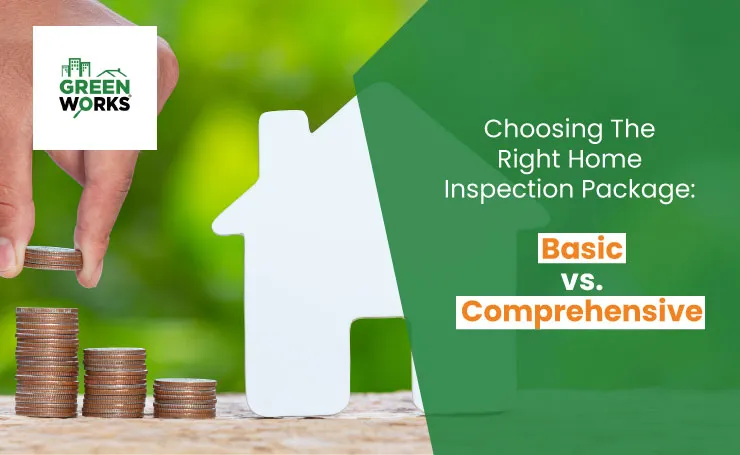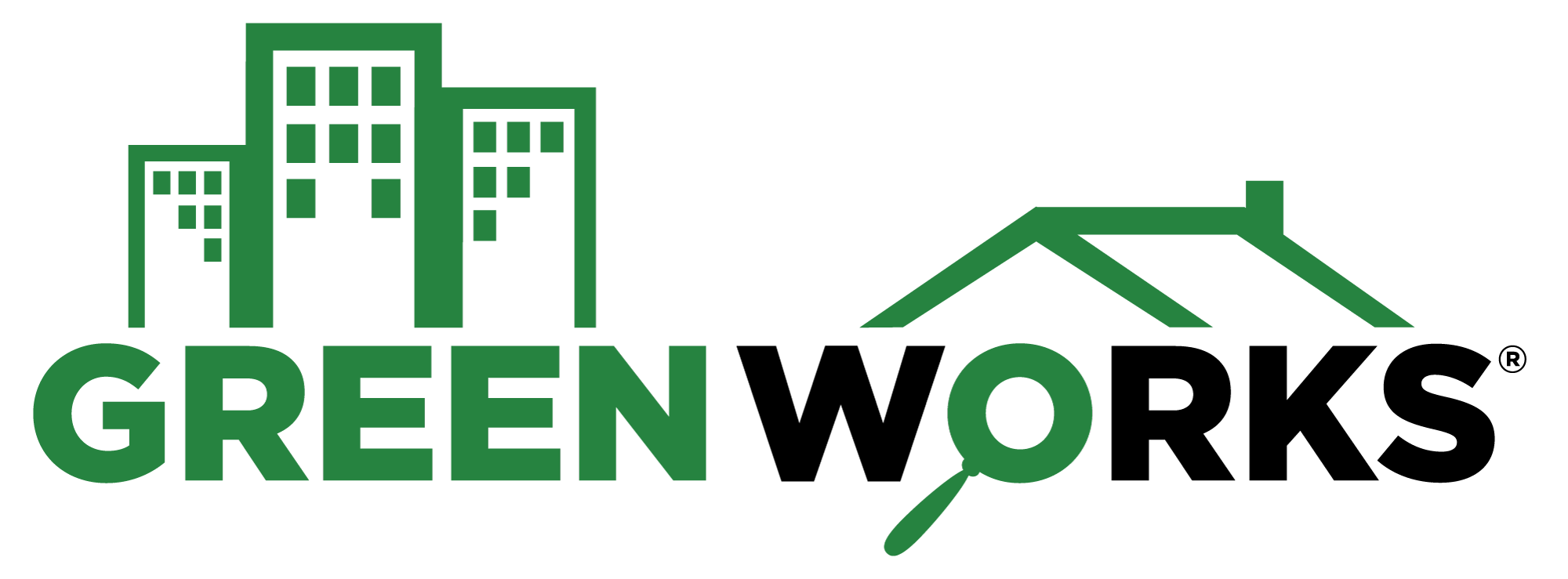Posts

Choosing The Right Home Inspection Package: Basic VS. Comprehensive
Buying a home is a huge investment, and there are many factors to consider when it comes to ensuring you make the right decision. One of the most important considerations is choosing one from the available home inspection packages. Read on to learn the difference between basic and comprehensive packages, their advantages and disadvantages, and which one best suits your needs.
A home inspection is an important step in the home-buying process. It can help you identify potential problems with a property before you buy it. There are two main types of home inspections: basic and comprehensive. Basic home inspections typically cover the major systems of a home, like the plumbing, electrical, and HVAC systems. Comprehensive home inspections go beyond the basics to include things like the foundation, roof, structure, and other issues that may be present in the home. So, which type of inspection is right for you? Here’s a guide to help you choose the right home inspection package for your needs.
What is A Home Inspection?
When you’re purchasing a home, it’s important to have a professional home inspection done to ensure that the property is in good condition. A home inspector will check for any structural damage, including foundation problems, water damage, and electrical issues. They will also assess the condition of the home’s major systems, such as the HVAC system, plumbing, and roofing. After the inspection is complete, you’ll receive a report detailing any problems that were found and what needs to be done to fix them.
Types of Home Inspection Packages
Home inspection companies typically offer a variety of inspection packages to suit the needs of homeowners. A basic package typically includes a visual inspection of the major systems and components of a home, such as a roof, foundation, electrical and plumbing systems, and HVAC. A comprehensive package may include all of the elements of the basic package but with more detailed and in-depth inspections of the home’s systems and components.
There may also be custom packages that are tailored to the specific needs of a homeowner or the home being inspected. For example, if a homeowner is particularly concerned about the condition of the roof, a custom package could be designed to include a more thorough roof inspection.
Additionally, some home inspection companies may offer packages with advanced services, such as thermal imaging inspections, radon testing, or water quality testing. These services are typically additional add-ons to the basic or comprehensive packages and can provide more information about the condition of the home but at a higher cost. The range of cost for different packages may vary depending on the service offered, the location, and the company.
Benefits of Basic VS. Comprehensive Home Inspections
There are benefits to both basic and comprehensive home inspections. A basic inspection will provide an overview of the condition of the property, while a comprehensive inspection will go into more detail. Here are some things to consider when choosing between a basic and comprehensive home inspection:
-The cost of the inspection: A basic inspection is typically less expensive than a comprehensive inspection.
-The size of the property: A comprehensive inspection may be necessary for larger properties.
-The age of the property: Older homes may require a more thorough inspection.
-Your level of interest: If you want a detailed report on the condition of your potential new home, you should opt for a comprehensive inspection.
Common Elements Inspected in A Home: Basic VS. Comprehensive Packages
A home inspection is an important step in the home buying or selling process. It can give you peace of mind and help avoid any potential problems down the road. But, with so many different types of home inspections out there, how do you know which one is right for you?
As explained, the most common types of home inspections are basic and comprehensive. A basic inspection will cover the major systems of the house, such as the electrical, plumbing, HVAC, and structure. A comprehensive inspection will cover all of these systems, as well as additional items you may require. These packages can be pre-designed or customized according to your requirements.
So, which type of inspection should you choose? It really depends on your needs and budget. If you’re buying an older home or one that appears to have some issues, a comprehensive inspection is probably a good idea. This way, you can get a full picture of the condition of the property before making an offer.
If you’re buying a newer home or one that appears to be in good condition, a basic inspection may be all you need. This will save you money and still give you some peace of mind knowing that a professional has looked things over.
No matter which type of inspection you choose, make sure to hire a qualified inspector who is experienced in performing both types of inspections. This way, you can be confident that they’ll miss nothing during their examination of your future home.
What To Look for In An Inspector Before Booking an Appointment
When looking for an inspector to book an appointment with, there are a few key things you should keep in mind. These include:
-The inspector’s qualifications and experience
-The fees they charge
-What type of home inspection do they offer
An experienced and qualified inspector will be able to provide a comprehensive report that covers all aspects of the home. They should also be able to answer any questions you have about the report or the inspection process. The fees charged by an inspector should be fair and reasonable. Some inspectors may offer discounts if you book multiple appointments or pay in advance. When choosing an inspector, make sure to ask about the type of home inspection they offer. A basic inspection will usually cover the major systems of the home, such as the electrical, plumbing, and HVAC systems. A comprehensive inspection will also include a thorough check of the home’s structure, foundation, and roof.
Tips For Ensuring You Choose The Right Package For Your Needs
A basic home inspection in Houstan is great for those who are selling their home and need to comply with disclosure laws. If you’re buying a home, a basic inspection can give you a good idea of its condition and help you negotiate a better price as well as save money.
Comprehensive home inspection packages go above and beyond the basics. In addition to inspecting the major systems of the home, they also check for things like pests, asbestos, lead paint, and radon. If you’re buying an older home or one that’s in need of significant repairs, a comprehensive inspection is a good idea.
We hope this article has given you a better understanding of the differences between basic and comprehensive home inspection packages and their advantages. No matter which package you choose, ensure that it provides enough coverage to meet your needs and expectations. A home inspector can help you make the right decision for your property. With a thorough understanding of what these packages offer and expert advice from a professional inspector, choosing the perfect home inspection package will be easy!
Greenworks Inspections offers a wide range of inspection packages to suit the needs of homeowners, whether it be a basic package for a general overview, a comprehensive package for a more in-depth inspection, custom packages tailored to specific concerns, or packages with advanced services for additional information.




